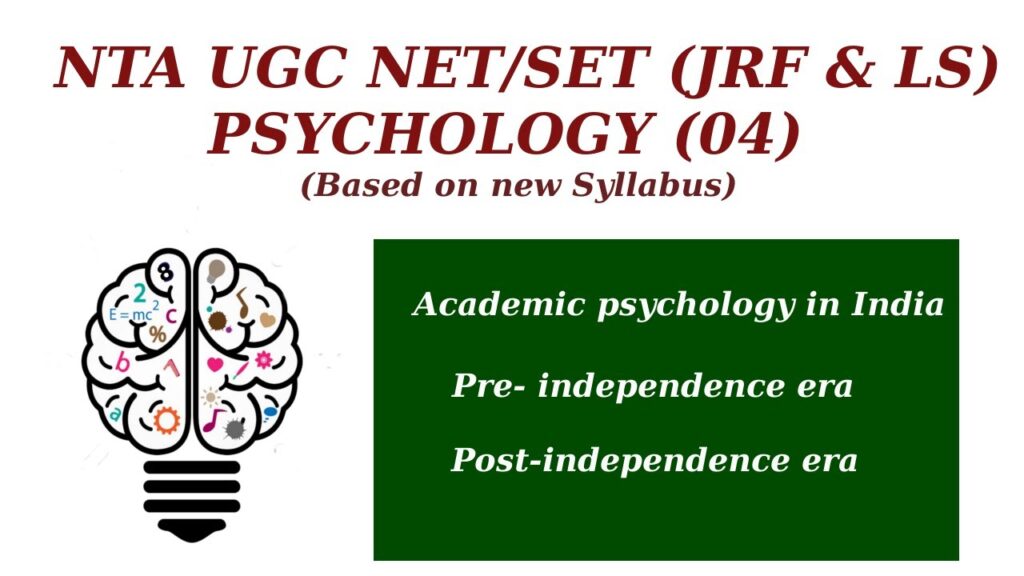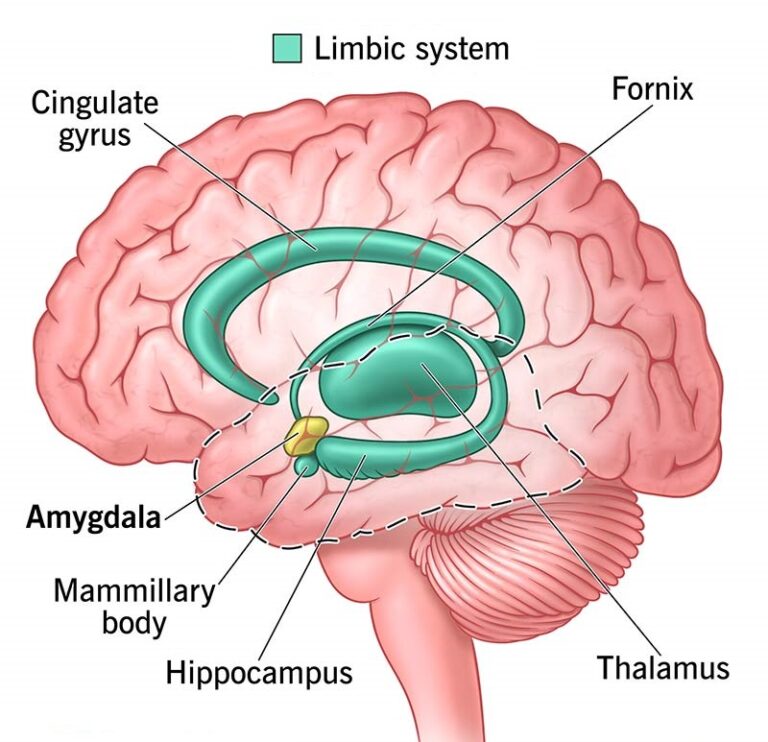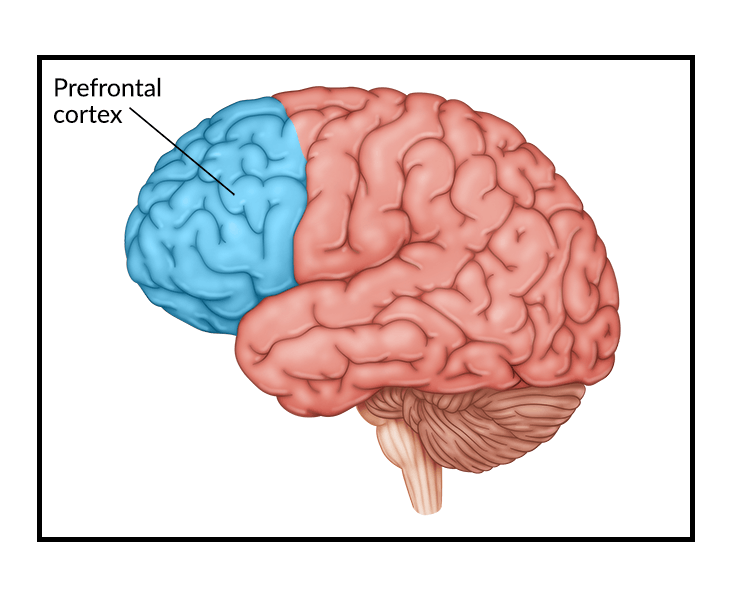
Introduction
The evolution of academic psychology in India has been significantly shaped by its historical encounters with colonialism and the subsequent post-colonial efforts to reclaim its identity. These encounters influenced the discipline’s paradigms, methodologies, and focus areas, creating a complex interplay of Western and indigenous psychological traditions. This article examines the impact of the colonial encounter, the post-colonial critique, and the resultant developments in Indian psychology.
The Colonial Encounter
Introduction of Western Psychology
Psychology was introduced to India as part of the colonial education system in the late 19th and early 20th centuries. Western psychological theories and practices, rooted in European intellectual traditions, dominated the academic curriculum. This imposition sidelined indigenous knowledge systems and created a disconnect between academic psychology and Indian cultural realities (Sinha, 1997).
Key Features of Colonial Psychology:
- Focused on behaviorism and experimental methods.
- Oriented toward understanding human behavior through Western frameworks.
- Ignored cultural and philosophical traditions native to India.
Example: The establishment of the first psychological laboratory in 1916 at Calcutta University, modeled after Wilhelm Wundt’s laboratory in Leipzig, reflects the Western orientation of early Indian psychology.
Table 1: Comparison of Western Psychology vs. Indigenous Knowledge Systems during Colonial Era
| Aspect | Western Psychology | Indigenous Knowledge Systems |
|---|---|---|
| Focus | Empirical and experimental | Holistic and introspective |
| Methodology | Laboratory-based | Meditative and narrative-based |
| Knowledge Sources | Academic institutions | Sacred texts and oral traditions |
Impact on Indian Society
The colonial encounter created a duality in the understanding of human behavior in India. While Western frameworks influenced urban and academic circles, traditional methods of understanding mental health continued to thrive in rural and non-academic settings.
Post-Colonialism and Psychology
Critique of Colonial Legacy
Post-independence, Indian psychologists began critiquing the dominance of Western paradigms. Scholars emphasized the need to decolonize psychology and develop frameworks rooted in Indian cultural and philosophical traditions (Dalal, 2002).
Key Arguments in the Post-Colonial Critique:
- Western psychology was seen as inadequate for addressing Indian societal issues.
- There was a call to integrate indigenous concepts like “atma” (soul) and “karma” (action and consequence) into psychological research.
- Traditional practices like yoga and Ayurveda were recognized for their psychological relevance.
Example: Girindrasekhar Bose’s psychoanalytic work sought to integrate Freudian theories with Indian cultural concepts, marking an early effort toward indigenization.
Development of Indian Psychology
In response to the critique of colonial frameworks, the post-colonial period saw the emergence of Indian psychology as a distinct academic discipline. Scholars and institutions began focusing on indigenization and methodological pluralism.
Table 2: Post-Colonial Developments in Indian Psychology
| Period | Key Development | Impact |
|---|---|---|
| 1950s-1960s | Introduction of Indian psychological concepts | Early efforts at indigenization |
| 1970s-1980s | Research on traditional practices | Integration of yoga and meditation |
| 1990s | Shift to cultural psychology | Contextual understanding of behavior |
Challenges and Opportunities
Challenges
Despite the progress, Indian psychology faced several challenges during its evolution:
- Continued Dominance of Western Paradigms: Western theories still dominated academic institutions, creating resistance to indigenization.
- Methodological Issues: The integration of introspective and narrative-based methods with scientific rigor was complex.
- Limited Institutional Support: Funding and institutional backing for indigenous research remained inadequate.
Opportunities
However, the post-colonial critique also opened up significant opportunities:
- Global Relevance: Indian psychology’s focus on holistic well-being resonated with global trends in mental health.
- Cultural Revitalization: Efforts to indigenize psychology contributed to a broader cultural renaissance.
- Interdisciplinary Potential: The integration of psychology with philosophy, anthropology, and medicine expanded its scope.
Conclusion
The colonial encounter and subsequent post-colonial critique significantly shaped the evolution of academic psychology in India. While the colonial period introduced Western paradigms that often overlooked Indian cultural contexts, the post-colonial era saw a concerted effort to reclaim and indigenize the discipline. These developments not only enriched Indian psychology but also contributed to global psychological discourse by offering alternative frameworks for understanding human behavior.
References
- Dalal, A. K. (2002). Psychology in India: A historical perspective. Indian Journal of Psychology, 40(1), 15-29.
- Sinha, D. (1997). Indigenizing psychology. International Journal of Psychology, 32(2), 145-152.
- Rao, K. R. (2002). Consciousness studies: Cross-cultural perspectives. Journal of Indian Psychology, 20(1), 1-20.
- Misra, G. (2004). Psychology in India: Retrospect and prospect. Pearson Education India.







